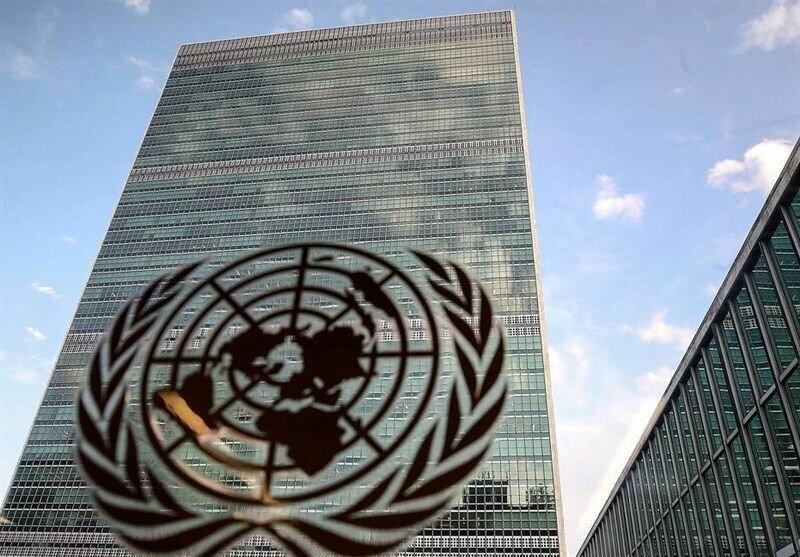European ‘Snapback’ threat lacks legal standing: Iran to UN

TEHRAN – Iran has officially notified the United Nations that any attempt to reimpose UN sanctions through the snapback mechanism would be illegal and devoid of legal standing.
The announcement came after Deputy Foreign Minister Kazem Gharibabadi informed parliament that a formal letter—signed by Foreign Minister Abbas Araghchi—had been sent to the UN Secretary-General and all members of the Security Council, emphasizing Iran’s firm rejection of the snapback threat.
The development was disclosed during a session of the Iranian Parliament’s National Security and Foreign Policy Committee, held Sunday, where Gharibabadi briefed lawmakers on his recent diplomatic efforts, including a trilateral meeting with the European troika (France, Germany, and the UK) in Istanbul and his trip to New York.
According to Committee spokesman Ebrahim Rezaei, Gharibabadi told MPs that the European signatories to the 2015 nuclear deal have no legal grounds to invoke the snapback mechanism, as they have failed to fulfill their own commitments under the agreement. He said Iran is closely coordinating with China and Russia on the matter, including through a recent trilateral consultation.
The deputy minister reaffirmed Tehran’s adherence to the Iranian Parliament’s law requiring suspension of cooperation with the International Atomic Energy Agency (IAEA), calling it binding legislation that the government remains committed to implementing.
Gharibabadi also detailed Iran’s protests at the Istanbul meeting, where he challenged the European powers over their silence regarding the recent Israeli and American strikes on Iranian territory and nuclear infrastructure. He criticized their failure to condemn the clear violations of Iran’s sovereignty and international law.
Rezaei noted that European diplomats had floated the idea of a conditional six-month extension of UN Security Council Resolution 2231. However, Iran rejected the proposal and instead insisted on discussions to ensure the resolution expires as scheduled. Gharibabadi stressed that Iran’s position will be determined by national interests and security considerations, not external pressure.
Although triggering snapback would not add new sanctions beyond existing ones, Gharibabadi acknowledged that the move could have psychological effects on markets and public opinion—impacts he said Tehran is prepared to manage.
On the possibility of renewed talks with the United States, Gharibabadi clarified that no new developments had occurred. He reiterated Iran’s core principles for negotiations: recognition of its right to uranium enrichment, lifting of sanctions, compensation for past damages, and restoration of public trust.
Leave a Comment